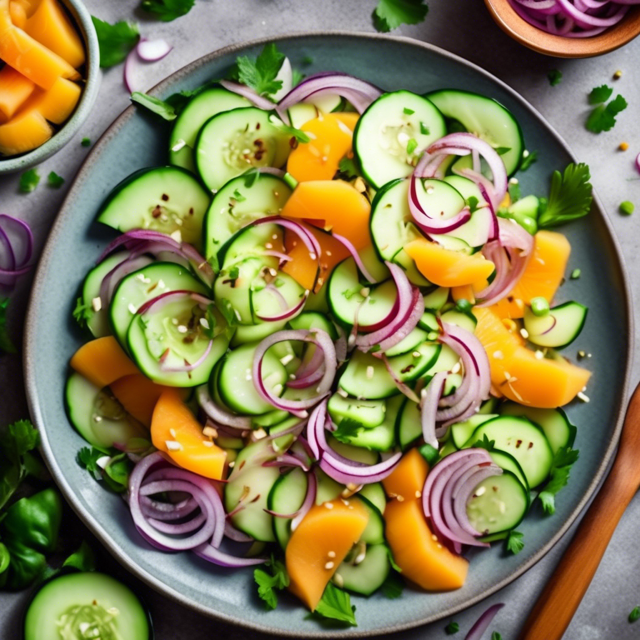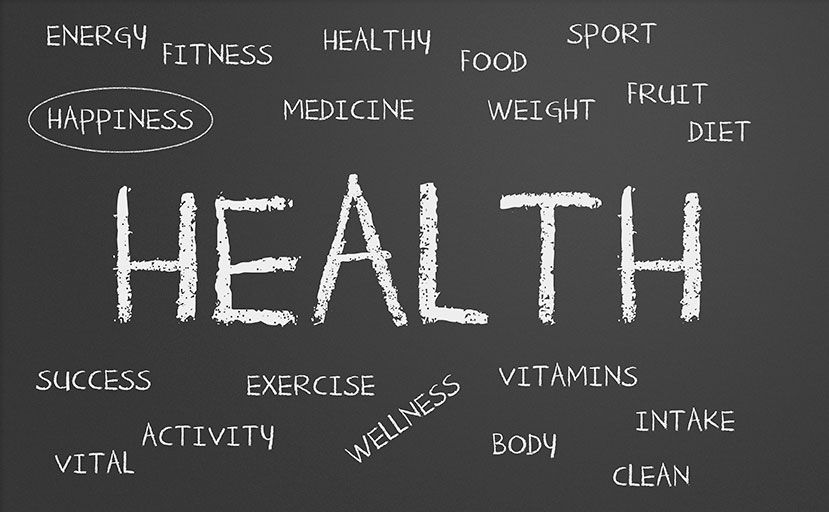
Hello Wellness Enthusiasts!
As the temperatures soar, it's essential to stay cool and refreshed while still enjoying your favorite foods. In this article, I'll delve into the concept of thermogenic and cooling foods and provide you with some tips on how to incorporate them into your diet to beat the heat.
What are Thermogenic Foods
Thermogenic foods are those that increase your body's metabolic rate, helping to burn calories and generate heat. While this may seem counterintuitive during hot weather, thermogenic foods can actually help to stimulate digestion and improve overall energy levels. Examples of thermogenic foods include:
- Spicy foods like chili peppers, wasabi, and ginger
- Citrus fruits like oranges, grapefruits, and lemons
- Leafy greens like spinach and kale
- Whole grains like brown rice and quinoa
What are Cooling Foods
Cooling foods, on the other hand, are those that have a natural cooling effect on the body. These foods can help to reduce inflammation, soothe digestive issues, and even lower body temperature. Some examples of cooling foods include:
- Cucumbers
- Melons like watermelon and cantaloupe
- Berries like strawberries and blueberries
- Herbs like mint and basil
- Dairy products like yogurt and cheese
Tips for Eating "Cool" Foods in Hot Weather
- Eat cooling foods at the right time: try to consume cooling foods during the hottest part of the day (usually between 11 am and 3 pm) to help your body regulate its temperature.
- Balance thermogenic and cooling foods: Make sure to balance your diet by incorporating both thermogenic and cooling foods. This will help to maintain a healthy metabolism while also providing relief from the heat.
- Choose hydrating ingredients: Focus on ingredients that are high in water content, such as cucumbers, celery, and tomatoes, to help keep you hydrated.
- Avoid heavy meals: Instead opt for lighter meals during the summer months to prevent digestive discomfort.
- Experiment with new recipes: Try new recipes that incorporate cooling ingredients, like gazpacho soup or cucumber-lime smoothies, or the cucumber melon salad recipe included below.
Ready to beat the heat and stay cool this summer? Make an appointment today to learn more about incorporating thermogenic and cooling foods into your diet for a refreshing and healthy lifestyle. Don't wait, book your appointment now and take the first step towards a cooler, more energized you!
Warmly,
Karen


